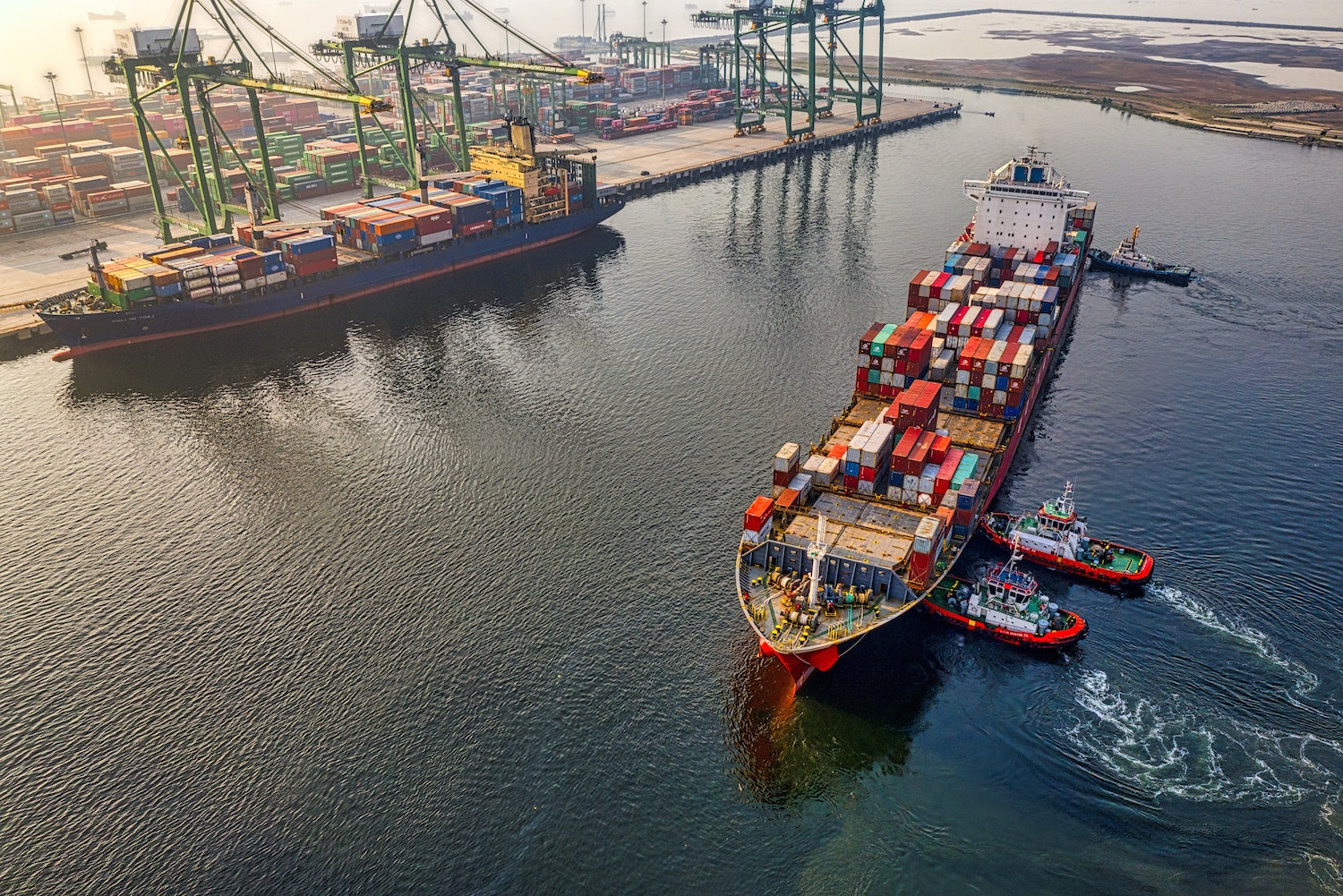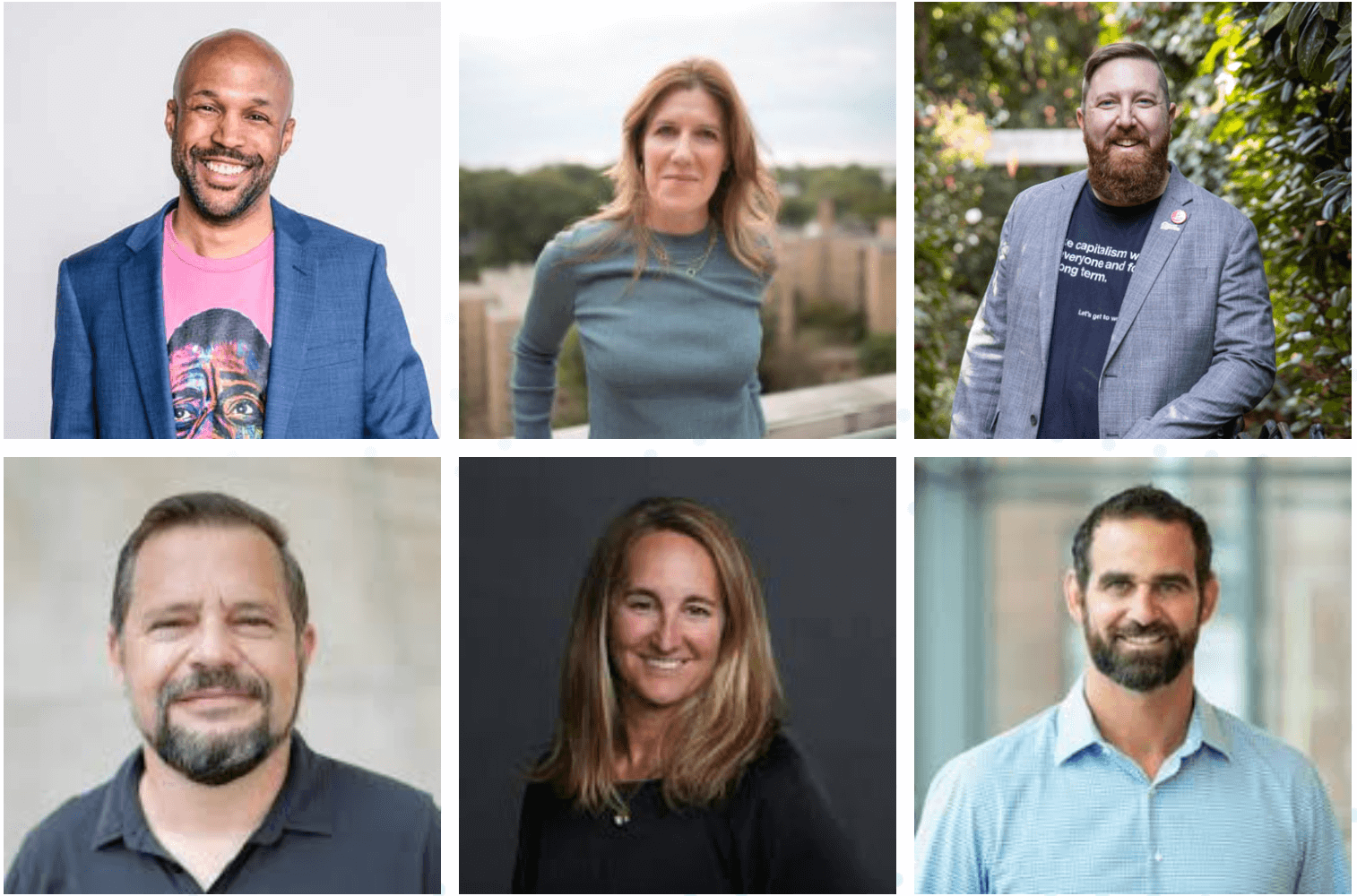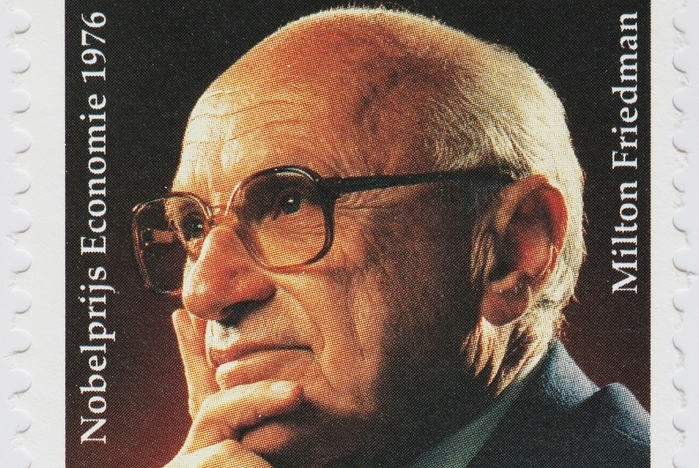ImpactAlpha, Sept. 16 – Universal owners are leaning into their power as long-term stewards of capital.
Asset owners and managers are deploying a flurry of active stewardship and engagement strategies to mitigate systemic risks that can destroy value in their portfolios – and to turn commitments to environmental, social and governance, or ESG investing, into better outcomes in the real world.
Such is the responsibility of the “universal owner,” says Hiro Mizuno, who until last year was the chief investment officer of the $1.75 trillion Government Pension Investment Fund of Japan, the biggest and most diversified portfolio in the world.
“We just felt like we should find a way to make a contribution to make the whole system, or whole universe, of capital markets more sustainable,” says Mizuno, who during his tenure notably used his leverage as an owner of capital to push asset managers to consider systemic-level risks.
Diversified investors, says Mizuno, must “pay as much attention to what they don’t own as to what they own.”
Mizuno was joined on The Call by Engine No. 1’s Michael O’Leary, The Shareholder Commons’ Sara Murphy, Illinois State Treasurer Michael Frerichs, Zevin Asset Management’s Marcela Pinilla and Omidyar Network’s Chris Jurgens. To help Agents of Impact follow the conversation, ImpactAlpha is kicking off a Capitalism Reimagined glossary (submit your own entries):
- Negative externality: The cost that is suffered by a third party as a consequence of an economic transaction. (more)
- Beta stewardship: Shareholder activism strategies that induce companies to prioritize their impacts on social and environmental systems. (more)
- Universal owners: Investors with highly-diversified and long-term portfolios that are representative of global capital markets. (more)
- Guardrails: Minimum sustainability parameters on all corporations that are controlled by the universal owner community. (more)
Active ownership
“We are all fiduciaries. We should be looking at all risks and looking to minimize risks,” says Frerichs, Illinois’ state treasurer since 2015. Frerichs spearheaded the state’s 2019 Sustainable Investing Act, requiring government entities managing public funds to integrate sustainability factors into their decision-making.
“This is common sense,” said Frerichs. “Companies that align their business with the interests of workers and customers and communities, regulators and shareholders are best positioned for long term success.”
Engine No. 1 led the high-profile rebuke to Exxon management earlier this year. The risk right now, says O’Leary “is that we are seeing evidence of stakeholder capitalism everywhere but where it matters, which is the actual lives of stakeholders.”
To push the ESG movement beyond commitments to real-world outcomes, investors must become more active as owners, says O’Leary. In its success at Exxon, the activist hedge fund tapped a well of investor frustration to elect three new directors with experience in renewable energy on the Exxon board. “If we can be responsible, active owners, we can have a greater impact.”
ESG investing, he says, has been too “focused on an investor’s exposure to certain companies or certain sectors, rather than an investor’s impact on that sector.” More than what ESG fund holds, watch what it does, says O’Leary, including how it casts its votes, engages with companies, management teams and boards.
Follow the activists
Another way to be more active as an investor: Engage with actual activists.
“Once we have selected a stock, and we do our due diligence, we also want to understand their impacts, and who is experiencing those impacts,” explains Marcela Pinilla of Boston-based Zevin Asset Management. That leads the firm to consulting regularly with environmental advocates, human rights experts and labor groups.
The process “informs changes to our approach to how we’re going to approach a company and what is our ‘ask’.”
Zevin consulted with Amazon workers, for example, before filing a shareholder proposal with the firm pushing for an independent director to improve workplace safety.
In another case, Zevin consulted with advocacy group Coworker to gain insight into what Alphabet could do to improve diversity and inclusion. Zevin was then able to craft a shareholder proposal that reflected those concerns.
“These relationships are super important for us to ensure that we are really understanding on the ground, and at a systems level, what is happening and what needs to happen.”
Better stewardship
To maximize portfolio value, “investors should be holding the companies in their portfolios accountable to their systems-level impact,” said Murphy of The Shareholder Commons. On The Call, Murphy announced its new campaign to fight disinformation at media companies. Beginning with Fox News, the investor-led campaign will use a series of shareholder proposals to push media companies to improve the accuracy of news.
The “beta stewardship” strategy posits that even if curbing disinformation leads to lower revenues at one company in a portfolio, less disinformation in the system can improve the value of the broader portfolio. “If you pursue alpha at the exclusion of everything else, you’re really not maximizing your beneficiaries’ value,” says Murphy.
Most of the value in a diversified portfolio can actually be attributed to beta, says Murphy, or the performance of the market as a whole. Attending to systemic risks like climate change, antimicrobial resistance, injustice and disinformation “is actually the best way to honor our fiduciary duties and to return value to our beneficiaries.”
Underpinning each of the strategies is a focus on “extending our prism of fiduciary duty to holistic impact on beneficiaries,” says Jurgens of Omidyar Network, which sponsors ImpactAlpha’s coverage of Capitalism Reimagined. We’re witnessing a fundamental shift in frame, says Jurgens, “from the extraction of investment outcomes to human impacts.”
In partnership with Omidyar Network, ImpactAlpha is exploring the ideas, rules and power at the heart of our economic system to help Agents of Impact design an inclusive economy in which markets serve people and the planet, not the other way around. Catch up on all of our Capitalism Reimagined coverage.











